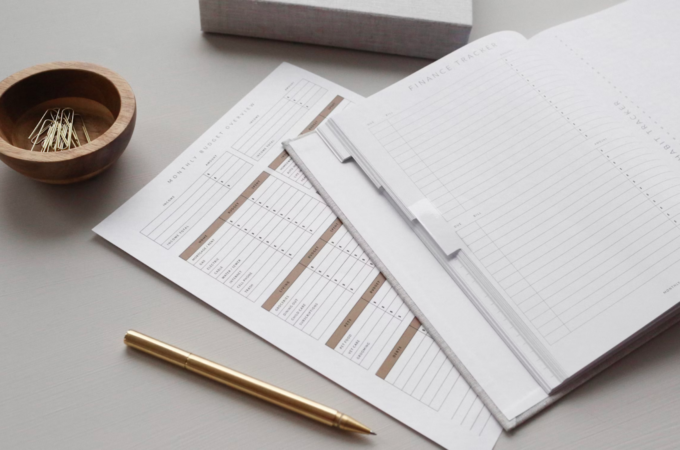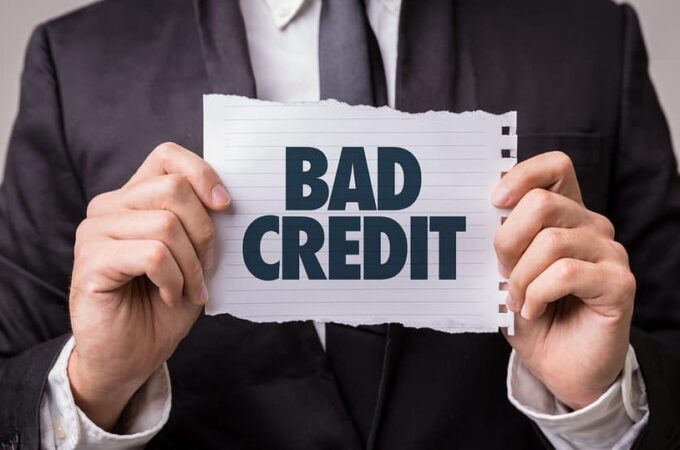
Money Management Tips to Improve Your Finances
You don’t need to find a higher-paying career or receive unexpected money to boost your finances. There are dozens of ways in which you can increase your financial security and achieve your long-term goals.
Here are some money management tips to improve your finances this year.
Create a realistic monthly budget
The first step to better money management is to create a monthly budget. You should assess your incomings and outgoings and set a budget that is based on your spending habits and lifestyle. It is pointless to set an overly restrictive budget e.g. to never eat out when you currently eat out 2-3 times a week. Instead, set a realistic budget that you know you can keep. You should have a good balance between enjoying your hard-earned money and being responsible by adopting mindful spending and saving for your future.
CNBC advises that you should follow these five steps to creating a budget:
- Calculate your monthly income e.g. how much you make each month after taxes.
- Make a list of all your monthly outgoings and expenses.
- Label your expenses as either fixed e.g. rent and mortgage payments, or variable e.g. entertainment and dining out.
- Add up your total expenses for the month. It’s a good idea to round expenses up when making a budget e.g. if you spend roughly $480 a month on groceries then round this up to $500 in your budget.
- Deduct your expenses from your income to calculate how much you should be able to save each month. If your expenses are higher than your income, then you should make adjustments to trim your spending. Assess your variable expenses and see where cuts can be made e.g. by canceling under-used subscriptions and memberships.
Finance experts recommend sticking with the 50/30/20 rule when creating your budget. This easy budgeting method advises that roughly 50% of your take-home pay should be spent on essential costs such as your rent payments and utility bills. You should spend no more than 30% of your income on items that you want but don’t need, e.g. clothes and socializing, and the final 20% should be put into savings or used to pay off debt.

Form healthy spending habits
Bad spending habits such as impulse shopping, emotional spending, and paying for unused subscriptions will make it difficult to stick to a budget and build your savings. If you want to improve your finances and achieve your financial goals, then you must form healthy spending habits.
Mindful spending is a crucial part of maintaining healthy finances. Smart technology has made it easier than ever to spend money online. You can browse thousands of products on the internet and many retailers save your payment details so you can purchase orders in seconds. E-commerce has made online shopping more convenient, but you need to be careful with how much you spend and you should practice mindful spending. Consider whether you need to buy a new product rather than just buying new items on impulse.
The easiest way to keep your spending under control is by tracking all of your purchases throughout the month. You can use a budgeting app such as Mint or PocketGuard to monitor your spending. A budgeting app will separate your purchases into categories e.g. bills, entertainment, shopping, transport, and so on. This will give you a complete overview of your spending habits and help you identify areas to cut down on your spending.
Trim your monthly expenses
Trimming your monthly expenses is one of the best ways to improve your finances as you’ll have more money to put into your savings each month. The good news is, there are likely to be several ways to slash your monthly bills and start saving money instantly. This is especially true when it comes to your variable and non-essential expenses.
Here are a few ways to trim your monthly costs:
- Cook meals at home instead of dining out. According to sofi.com, eating out is roughly five times more expensive than eating at home.
- Exercise at home instead of paying for an expensive gym membership.
- Use public transport or carpool to save money on fuel and car maintenance.
- Become more eco-conscious at home and reduce your energy and water consumption to reduce your monthly utility bills.
- Evaluate your subscriptions and decide if you can cancel or downgrade any of them e.g. use the free version of Spotify instead of paying for the premium app.
Essential expenses such as rent and mortgage payments are often fixed and more difficult to trim, but you can save money on fixed bills. Switching to cheaper insurance providers is a simple way to save money each month.
For instance, Root Insurance offers car insurance in Colorado Springs that uses sensors in your smartphone to calculate auto insurance based on your driver behavior rather than your demographics. They claim that switching could save you up to $900 a year on your car insurance. Moving to a new insurance provider is usually a fairly quick and straightforward process and it could save you hundreds of dollars every year.

Boost your current income
There are lots of ways to improve your finances without increasing your income, but boosting how much you bring home each month will make it easier to pay off debt and build your savings. You could negotiate a raise with your current employer or apply for a new role that offers a higher salary or other financial perks such as paid overtime or performance-based bonuses.
Many people also pick up a side hustle to boost their income and save more each month. You could start doing part-time work in your free time; for instance, working at a bar a few evenings a week or delivering parcels for a courier service. There are also lots of ways to make money online using freelance platforms, including Upwork and Fiverr. These sites allow you to offer services such as content writing, graphic design, and digital marketing to customers all around the world.
Build an emergency fund
As the name suggests, an emergency fund is money that is saved to cover you in an emergency e.g. if you require expensive medical treatment or have to cover your living expenses after losing your job unexpectedly. Building and maintaining an emergency fund is an essential part of responsible money management. Your emergency fund will cover you if an unexpected event occurs and will help you avoid going into debt. It also provides peace of mind if you become ill, lose your income, or have to pay for a major home or vehicle repair.
Most experts recommend that you should have enough money in your emergency fund to cover three to six months’ worth of living expenses. However, you may decide to save more than this amount if you are self-employed or have chronic medical issues, for example. Make small, regular contributions to your emergency fund and set up automatic transfers to a separate savings account. Once you have built an emergency fund, avoid using the money unless it’s a genuine emergency.
Break the cycle of debt
Most people have debt—whether it’s mortgage loans, student loans, or credit cards. Having some debt is normal, but debt can be a massive obstacle to achieving your financial goals. You must manage debt well so you don’t end up stuck in a cycle of debt.
According to investopedia.com, “the first step is to stop borrowing money.” Lowering your monthly expenses by a significant amount will help you get out of debt much quicker, meaning you will pay less interest in the long run. Even small lifestyle changes can have an impact, e.g. you could save hundreds of dollars a year by limiting the amount of time you eat out each month. Downgrading to a cheaper vehicle could also save you significant amounts of money.
If you are struggling to break free from the cycle of debt, then a financial advisor can help you come up with a debt repayment plan. Focus on paying off your highest-interest debts first and aim to pay back more than the minimum amount each month to clear your debts faster.
Invest your money wisely
Investing your money allows you to build your net worth and make a sizeable profit. Some of the most popular investments are property, stocks, bonds, and mutual funds. A high-yielding savings account can also help you maximize your savings as you’ll get paid interest on your cash balance.
Investing your money can be a great way to improve your finances, but it doesn’t come without its risks and you can also lose money through investments. Make sure that you do plenty of research and seek advice from a finance specialist if you are unsure how to invest your money.
Bottom line
Better money management is all about sticking with a budget, forming healthy spending habits, and buildings your savings. There are dozens of simple ways to trim your spending and save more each month. These tips will help you manage your money more effectively and improve your overall financial position.




